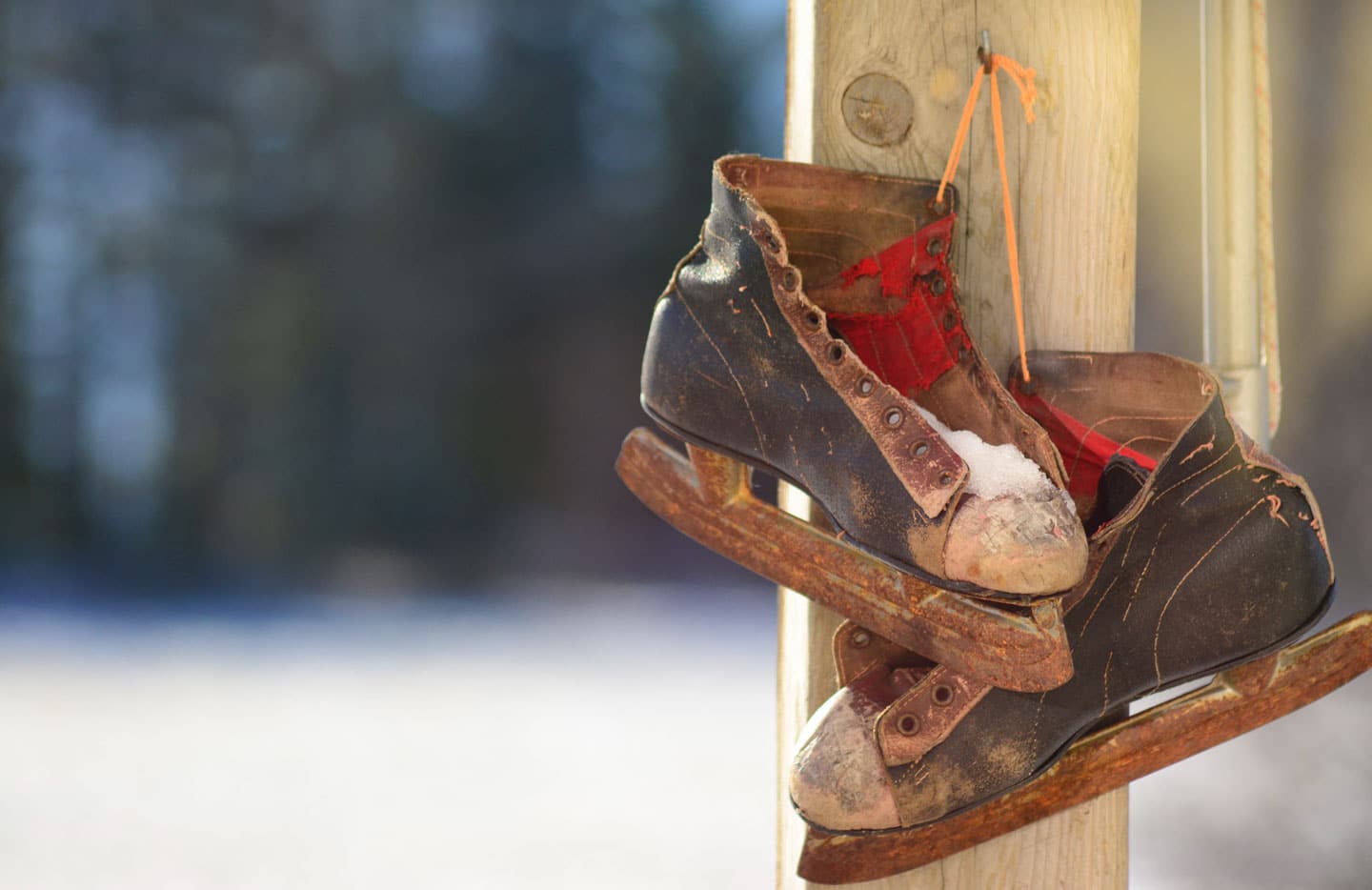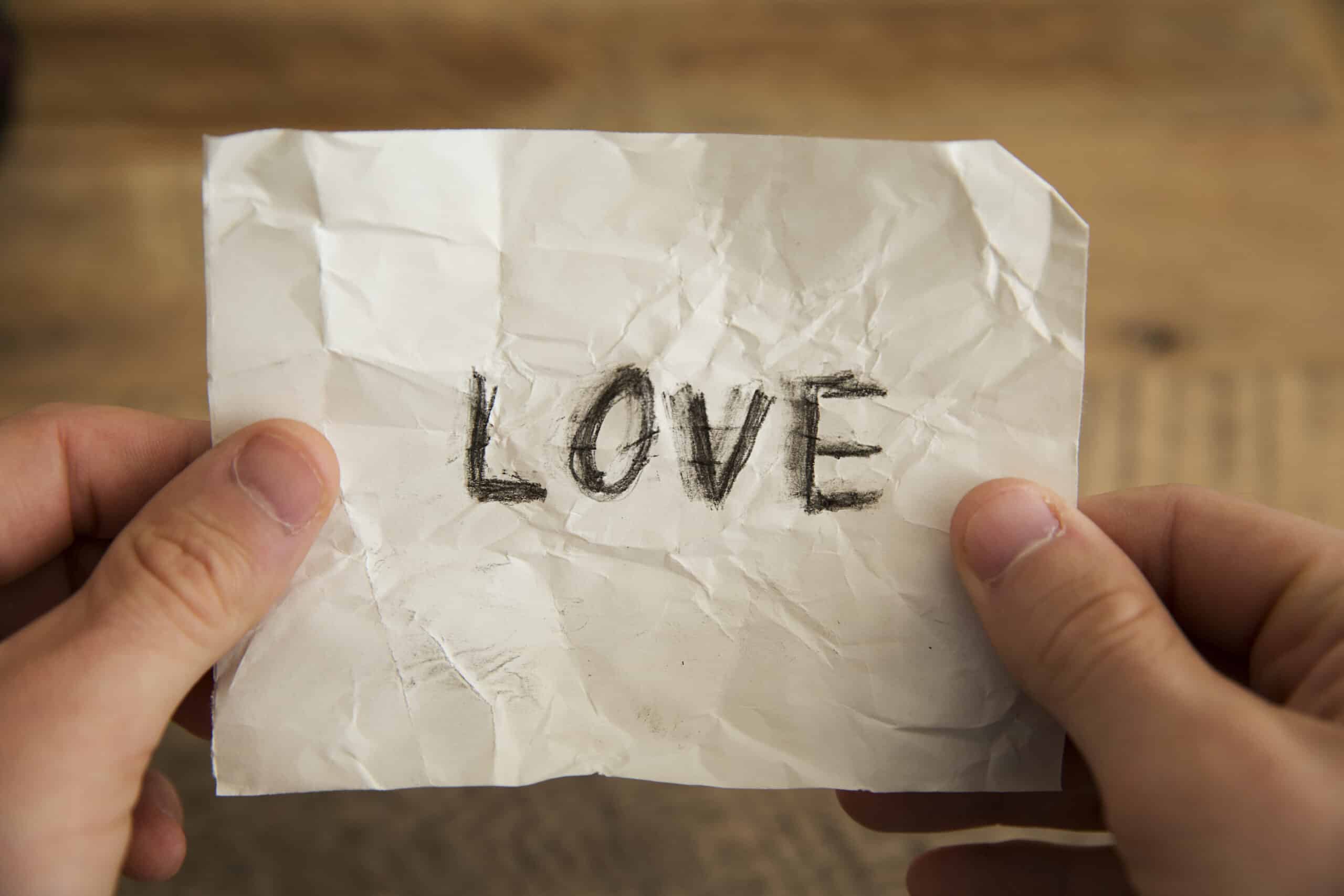By Burt Braunius
December 14, 2014We stopped at a fast-food restaurant for a quick bite between shopping excursions. The preparation area was open to the serving counter, and with a rush of patrons we stood watching workers create burritos and tacos. One teen on staff was obviously struggling with a cold or  perhaps even a more severe virus. He walked past us several times, sneezing twice into his open hand. Then he went to a back wall, passed his hands under a dispenser but avoided the sink, turned to the food preparation counter, and began to toss together the ingredients for our order. His nose was running, and every 15-20 seconds he sniffed loudly.
perhaps even a more severe virus. He walked past us several times, sneezing twice into his open hand. Then he went to a back wall, passed his hands under a dispenser but avoided the sink, turned to the food preparation counter, and began to toss together the ingredients for our order. His nose was running, and every 15-20 seconds he sniffed loudly.
The woman next to me whispered, “He didn’t wash his hands!” The man on the other side of her shook his head in disgust. I said to the person at the counter, whose nametag carried the designation ASSISTANT MANAGER, “Excuse me, but that young man didn’t wash his hands before working with the food. He was just sneezing, and he didn’t wash his hands!”
The young man heard our conversations. He walked up to the counter with a belligerent look and said, “I did too wash my hands!”
“No, you didn’t!” said the woman next to me. “I saw everything you did, and you didn’t wash your hands!”
“I saw the same thing,” I said.
He was angry now. “Here!” he said, shoving his hands up to my nose, “You want to smell?”
By now I was disgusted, my appetite was gone, and our daughters were thoroughly embarrassed by the fuss. I backed away, he finished preparing our food, we nibbled at some of it, threw most of it away, and left quickly. We have never gone back there to eat. We’re not finicky about most things, but that episode of unwashed hands left us shivering with distaste.
Most of us have tried to get away without washing our hands one time or another. When our mothers called us to the meal table, we were often too hungry to wash or couldn’t be bothered. Whatever germs we devoured from dirty hands became our own menace, and usually no one else’s.
But when another person’s carelessness spreads threats of the plague in a public arena, we become concerned. No one wants a doctor to perform open-heart surgery without scrubbing up first. None wish to shake hands with a careless trash hauler. No parent desires a childcare attendant to change the baby’s diaper and feed other children without a ritual washing in between.
At the heart of Leviticus is God’s command, “Say to the people, ‘Be holy, because I am holy’” (19:2). Holiness and cleanliness were linked in the Hebrew language, so this command initiated the many cleansing rituals of Leviticus. But Jesus picks up the same thing in the Sermon on the Mount (Matthew 5-7) when he challenges us, “Be perfect, therefore, as your heavenly Father is perfect” (5:48). The good news is not only that the Doctor can save us from a horrible disease that has gripped us, but also that we can begin to live in healthy ways, no longer frothing at the contaminations we used to find so appealing.
Of course, we learn these things best through wise guides and teachers. This is one of the great commitments of Church Leadership Center. We areprivileged to train the kind of leaders who are seeking to grow in holiness.
CLC serves churches and other ministry groups to prepare congregational leaders for advanced levels of ministry responsibility. We do this by means of assessment interviews and reports; personalized training plans, classes, and certification so that participants are able to increase their effectiveness in all areas of church life. Click here for more information from our web site and to read previous blogs. To view videos about Commissioned Pastors and those who support them, click here.
With thanks for this article to Dr. Wayne Brouwer. He is a board member of Church Leadership Center and theological editor. Dr. Brouwer is professor at Hope College, Holland, MI.









